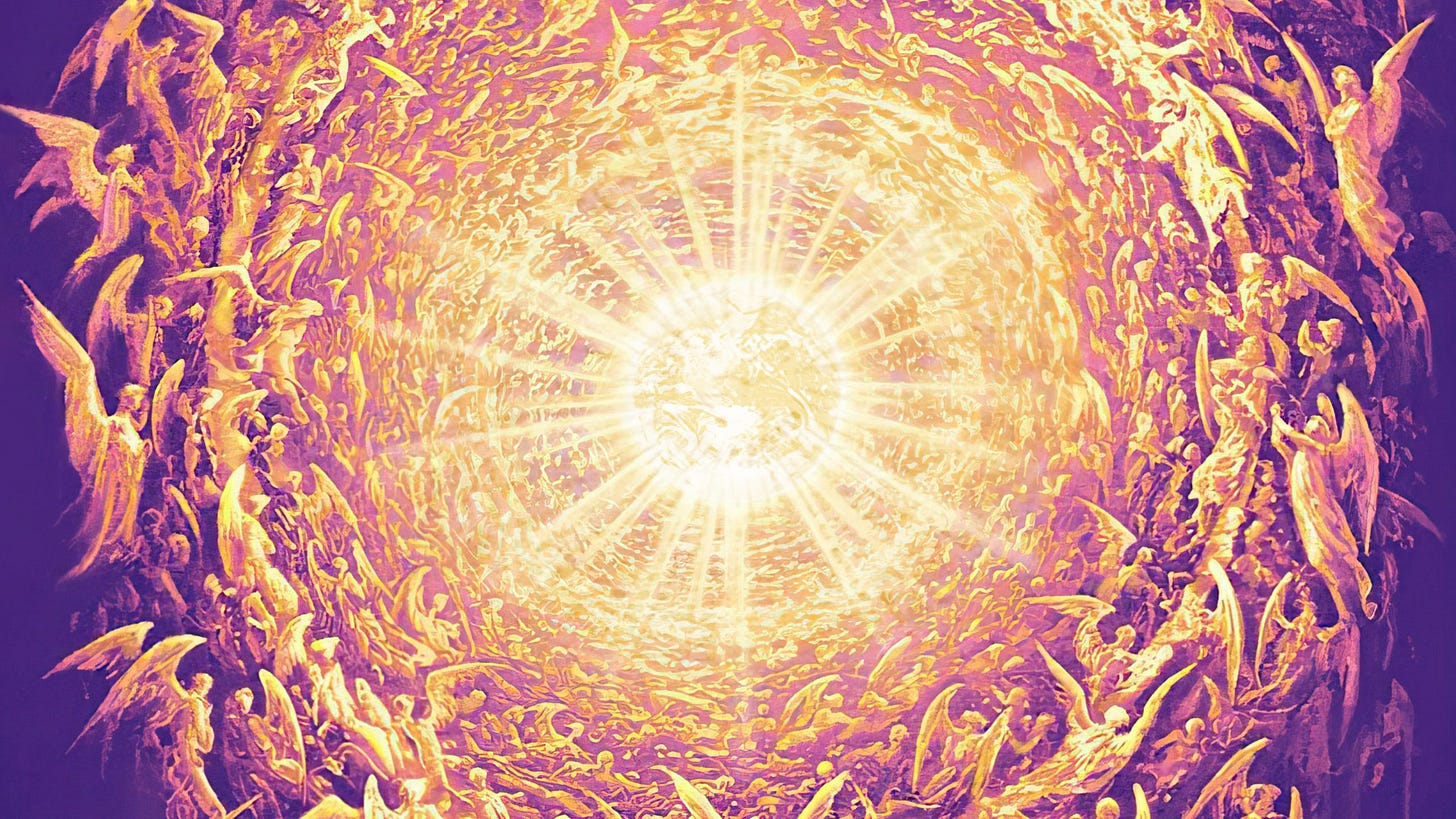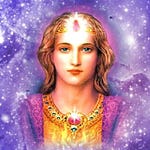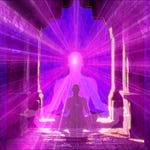Hello, and welcome back to The Fellowship Chronicles! Here we are in December, the last month of the year, and I find it fascinating that there are so many religious and spiritual traditions that are celebrated during this month.
Fortunately, the ascended masters give us a more esoteric understanding of what happens during December, this period of the winter solstice, which occurs annually around December 21. Winter solstice is also the first day of winter and the shortest day of the year in the Northern Hemisphere.
The masters teach that while it is the day when we have the least amount of daylight, it is conversely, the time of the greatest release of light from the Great Central Sun to the earth. What is the Great Central Sun? It is also called the Great Hub and is the center of the cosmos. It is called “the sun behind the sun,” but in reality it is not actually behind the physical sun, but rather superimposed upon it in another dimension.
So, could it be that this great release of light at this time of the year is the reason why so many spiritual traditions celebrate, even though there is no conscious awareness of this release of light? Perhaps.
The masters have said that Jesus was not really born at this time of the year, rather he was born at the time of the spring equinox, typically around March 20 or 21, the first day of Spring and when the sun is directly over the Earth’s equator resulting in roughly equal day and night hours. But because the winter solstice is the time of the least amount of daylight and because of the birth of a Christed One is a great release of light in itself, the birth of Jesus Christ is celebrated during this time of the year when there is the greatest release of light to the earth.
So truly, December is a month rich with traditions—from Christmas to Hanukkah, Kwanzaa to Yule, and so many more. What’s striking is that despite the differences in rituals, there are beautiful themes that overlap: light in darkness, community, gratitude, and renewal. So, let’s take a journey through these traditions and uncover the threads that unite us during this special time of year.
Christmas
Let’s start with Christmas, one of the most widely recognized December celebrations. For Christians, Christmas marks the birth of Jesus Christ, the Savior and a bringer of hope and love to the world.
Many of the symbols we associate with Christmas—like lights, evergreen trees, and gift-giving—have roots in older traditions but beautifully express the themes of light, life, and generosity. Beyond its religious significance, Christmas has also become a cultural celebration for many, emphasizing family, kindness, and goodwill.
Hanukkah
Next, we have Hanukkah, the Jewish Festival of Lights. Hanukkah commemorates the rededication of the Second Temple in Jerusalem and the miracle of the oil that lasted eight days when there was only enough for one.
During Hanukkah, families light the menorah, adding a candle each night, and celebrate with prayers, songs, and special foods. The story of Hanukkah emphasizes perseverance, faith, and the triumph of light over darkness—concepts that resonate across many traditions.
Kwanzaa
Kwanzaa, which is celebrated from December 26th to January 1st, is a relatively modern tradition created in 1966 by Dr. Maulana Karenga. Rooted in African cultural practices, Kwanzaa is a time to honor African heritage and reflect on seven guiding principles, including unity, self-determination, and collective work.
Each night, a candle on the kinara is lit to represent one of these principles, much like the lighting rituals of other December holidays. Kwanzaa reminds us of the importance of community and the shared values that sustain us.
Yule and Winter Solstice
Now let’s turn to Yule, celebrated during the Winter Solstice on December 21st or 22nd. Yule has roots in ancient Pagan traditions and marks the longest night of the year, after which the days begin to grow longer.
This celebration focuses on the return of the sun, symbolizing hope and renewal. Many Yule traditions—like burning a Yule log, decorating with evergreens, and feasting—have influenced modern Christmas customs. The solstice is a universal reminder of the cycles of nature and the enduring power of light.
Other Celebrations and Shared Themes
December is also home to many other meaningful observances. Buddhists celebrate Bodhi Day on December 8th, marking the day Siddhartha Gautama attained enlightenment and became the Buddha. It’s a time for meditation, reflection, and gratitude.
Hindus may celebrate Pancha Ganapati, honoring the god Ganesha with vibrant decorations and acts of generosity.
What’s remarkable is the way these diverse celebrations overlap in their themes. Across traditions, December is a time for light, reflection, renewal, and connection. Whether it’s lighting candles, gathering with loved ones, or giving back, the rituals remind us of our shared humanity.
Why These Celebrations Matter Today
So why does it matter to explore these traditions? In today’s world, where differences often divide us, understanding and celebrating our commonalities can bring us closer together.
These December holidays remind us that no matter where we come from or what we believe, we all seek light in the darkness, hope for the future, and the warmth of community. The stories may differ, but the heart of these celebrations is universal.
So I invite you to reflect on how these traditions resonate with your own life. What does light mean to you? How do you find hope and connection during this season?
Whatever it means to you personally, let’s carry the spirit of unity and joy into the days ahead, way past the month of December.
Thank you for joining me today and until next time, may you be blessed with peace, love, and light.














Share this post